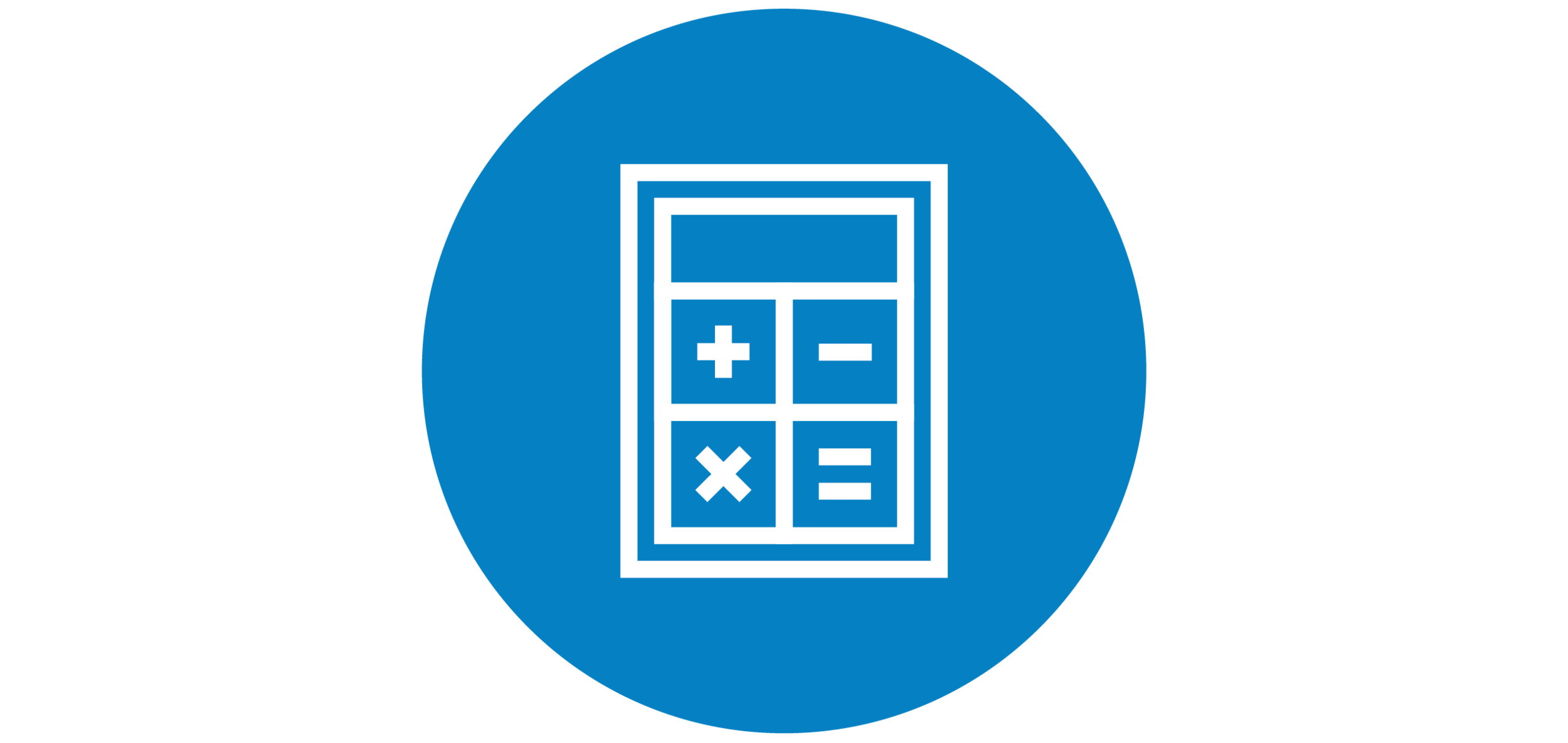Reimbursement
HAH continues to advocate at the state and federal levels for equitable reimbursement so that its members across the continuum of care can maintain a sustainable future. HAH also works with regulatory agencies to ensure HAH members maximize the monies available from pay-for-performance and pay-for-value programs.
HAH has continued to assist its members in monitoring federal reporting and other requirements for appropriate use of the relief funds, while also advocating for better and clearer reporting and auditing requirements and standards.
HAH additionally:
Continued collaboration with Med-QUEST and nursing facilities on development of Nursing Facility P4P program
Continued collaboration with Med-QUEST and acute care hospitals on metrics and scoring, quality pool amounts, exploring new metrics and data requirements with Med-QUEST to adequately support P4P Payments
HAH continues to track and address:
Health Equity Payment Adjustments
All-Payer Health Equity Approaches and Development (AHEAD) Model
Medicaid Managed Care Rule
Medicaid APR-DRG transition outstanding issues
Social Determinants of Health (SDOH) Screening, Coding & Services

HEALTHCARE ASSOCIATION OF HAWAII







